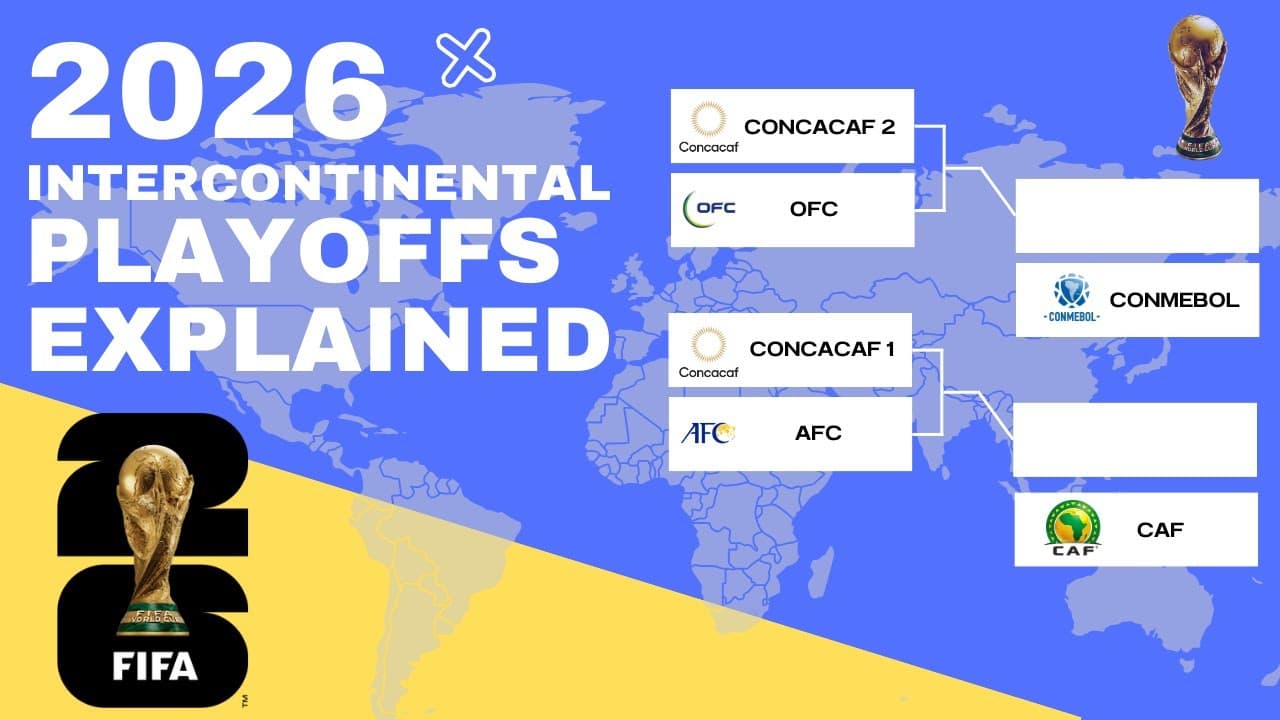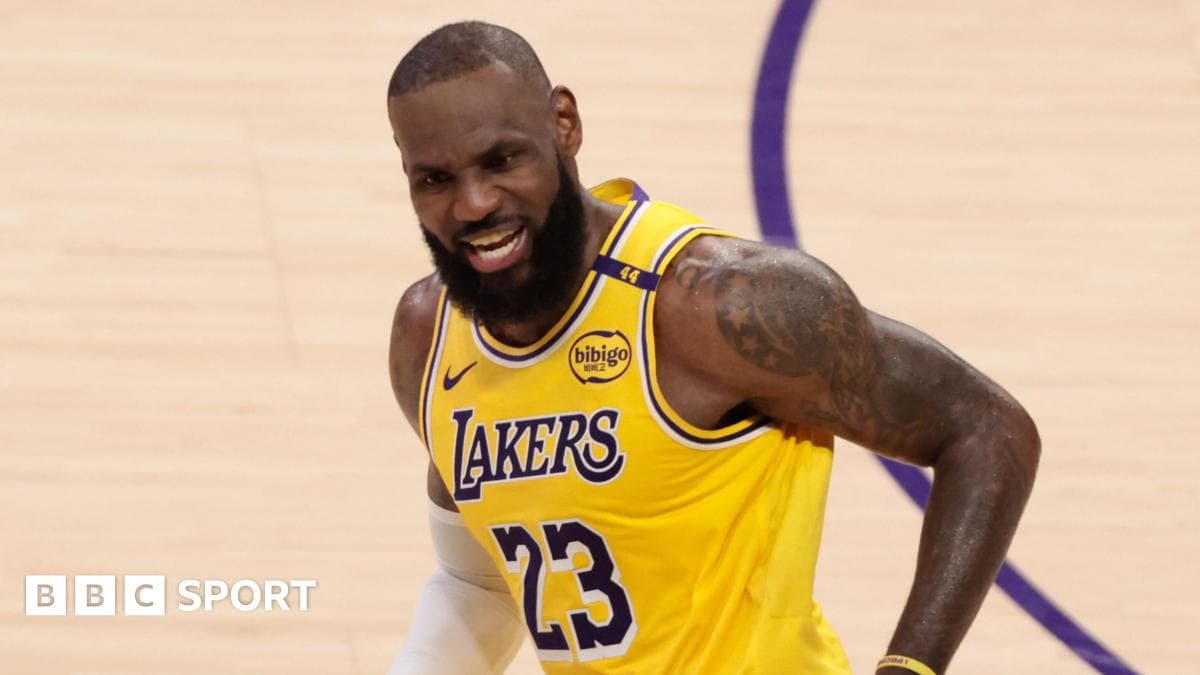Guadalajara and Monterrey Selected to Host World Cup Playoff Tournament
FIFA announced that Guadalajara and Monterrey will stage the intercontinental playoff tournament that will decide the final two places in the 2026 World Cup, a move that concentrates high stakes matches in two Mexican football strongholds and raises commercial and competitive questions for the expanded tournament. The six team playoff begins March 23, 2026, and the draw for matchups was scheduled in Zurich, making these cities early focal points for media, fans, and confederations preparing for the final qualification sprint.

FIFA confirmed on Wednesday that the intercontinental playoff for the 2026 World Cup will be held in Guadalajara and Monterrey, consolidating what had been expected to be a decentralized qualification clasp into two Mexican venues. The tournament, set to begin on March 23, 2026, will feature six teams representing five confederations competing for two remaining slots in the expanded 48 team World Cup that will be hosted across the United States, Canada and Mexico.
FIFA president Gianni Infantino described the stadiums in Guadalajara and Monterrey as ideal stages for the event, and both stadiums are already scheduled to host group stage matches during the main tournament. With the playoff draw set for Thursday in Zurich, federations and broadcasters will soon learn the pathways their teams must navigate to secure passage to next summer’s global event.
The decision to locate the entire intercontinental playoff in Mexico carries multiple implications. For the host cities it is an economic and reputational windfall, bringing concentrated international media attention, a surge in short term tourism, and commercial opportunities for sponsors and local vendors. For FIFA and commercial partners the move simplifies logistics and production of high value knockout matches, enabling a tighter broadcast window and consolidated hospitality offerings that increase per match revenue potential.
From a sporting standpoint the selection tightens the lens on competitive fairness and strategic advantage. While the neutral staging in Mexico is consistent with the tri host model of the 2026 finals, teams traveling from Africa, Asia, Oceania, and South America will confront travel logistics and acclimatization challenges, while a potential CONCACAF representative would benefit from closer proximity and fan support. Those variables could shift the delicate balance of a short playoff tournament where form and preparation matter most.
The choice also reflects broader industry trends. The expansion to 48 teams has multiplied qualification pathways and intensified demand for venues capable of handling additional matches at scale. Centralizing playoff games in cities that will also host World Cup group matches signals a preference for using tested infrastructure and market capacity rather than spreading decisive fixtures across smaller venues. That approach reduces risk for organizers but concentrates economic benefits and the cultural moment in a limited number of cities.
Culturally, staging the playoff in Guadalajara and Monterrey taps into two of Mexico’s most passionate football markets, where stadium atmospheres are likely to amplify the drama of final qualification. The matches offer local fans a prelude to the World Cup itself and a chance for civic pride to be showcased on a global stage. At the same time communities surrounding the venues will face the familiar demands of major events, including security operations and transport management.
With the draw imminent and the tournament date set, federations will begin finalizing travel plans and training schedules. The playoff in Mexico will be more than a sporting contest, it will be an early barometer of how the expanded World Cup manages balance between commercial imperatives, competitive equity, and the cultural weight of football across diverse host nations.


